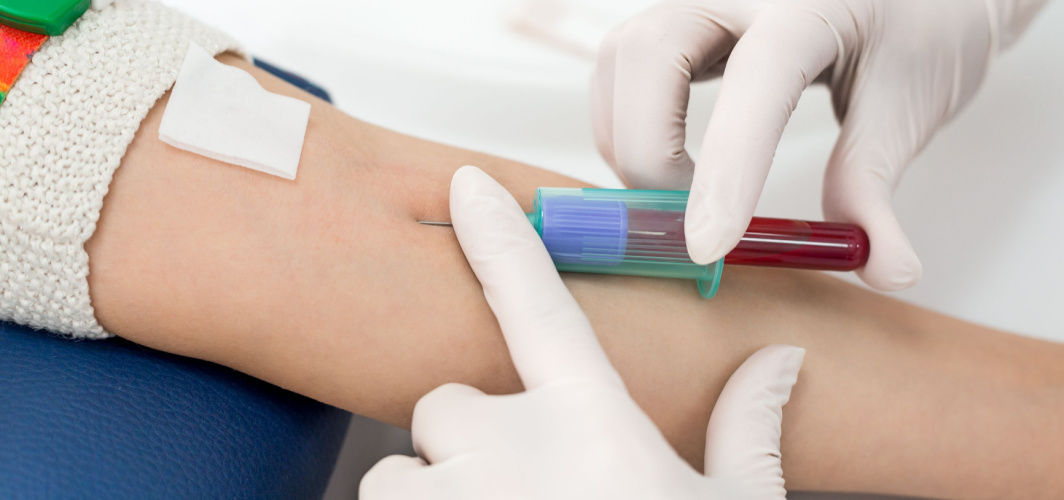Diabetes Management
The Significance of Insulin Colour Coding in Diabetes Management
2 min read
By Apollo 24|7, Published on - 12 August 2024
Share this article
0
0 like
.jpg?tr=q-80)
Among the diverse strategies adopted for effective diabetes management, one that stands out for its simplicity yet significant impact is insulin colour coding. This unique system has a lot to offer in safeguarding against medication errors and enhancing patient safety. In this blog, we will explain insulin colour coding and understand its importance.
Understanding Insulin Colour Coding
Insulin, a hormone pivotal in controlling blood glucose levels, comes in different types - each with its respective role and time of action. To help distinguish these types and prevent mix-ups, a globally standardised colour coding system was introduced. Here's what each colour signifies:
- Yellow denotes short-acting regular insulin.
- Light green represents intermediate-acting NPH neutral protamine Hagedorn (NPH) insulin.
- Turquoise signifies long-acting lente insulin.
- Brown marks premixed 30/70 insulin (30% regular insulin, 70% NPH insulin).
This initiative by the International Diabetes Federation, World Health Organization, and major insulin manufacturers aims at promoting safer insulin usage worldwide. Although widely adopted, some regional variations may exist.
The Role of Colour Coding in India
India follows the same colour coding for initiating insulin therapy in type 2 diabetes as per the guidelines by the ICMR. The guidelines emphasise avoiding any mismatch between the insulin concentration and the corresponding syringe markings.
Why Insulin Colour Coding Matters?
Colour coding offers a quick and easy means to identify the type of insulin, thereby reducing the potential risk of medication errors - a critical aspect considering that insulin is a high-risk medication with frequent dosing errors. By preventing mix-ups when switching between brands or delivery devices, this system enhances patient safety and improves diabetes management outcomes.
While medication forms an important aspect of diabetes management, combining it with lifestyle modifications can yield better outcomes. This is where programmes like the Apollo Super 6 can play a vital role. Developed by Apollo doctors in India, this programme aids individuals in managing type 2 diabetes through lifestyle changes and personalised support. Consider enrolling in this programme to enhance your quality of life.
Diabetes Management
Consult Top Diabetologists
View AllLeave Comment
Recommended for you
.jpg?tr=q-80)
Diabetes Management
What is the Ultimate Hormonal Deficiency in Diabetes?
Insulin deficiency is central in diabetes, affecting Type 1 & Type 2. Type 1 stems from immune attack on insulin-producing cells, causing severe deficiency. Type 2 involves insulin resistance leading to relative deficiency. Consequences: hyperglycemia, metabolic imbalances, complications. Management includes insulin therapy, lifestyle changes. Addressing deficiency crucial for care; ongoing research targets better therapies.

Diabetes Management
Getting A Blood Sugar Test Done? Know How To Read The Report!
Diabetes, affecting 537 million adults globally, poses severe health risks if untreated. Regular blood sugar tests are vital for managing the disease and preventing complications. Tests include random, fasting, postprandial, and glucose tolerance tests. Normal blood glucose levels range from 80 to 110 mg/dL, while levels exceeding 200 mg/dL may indicate diabetes. Reading reports involves understanding fasting and postprandial levels, crucial for diagnosis and effective management.

Diabetes Management
Why Are Some Diabetes Patients Treated with Insulin Injections?
Insulin injections play a vital role in managing diabetes. In type 1 diabetes, where the body doesn't produce insulin, these injections are essential for survival. For some with type 2 diabetes, a progressive condition involving insulin resistance, insulin therapy becomes necessary as the disease advances. It helps regulate blood sugar levels, preventing complications and improving overall health. Healthcare providers customize treatment plans to meet individual needs, ensuring precise control over blood sugar.
Subscribe
Sign up for our free Health Library Daily Newsletter
Get doctor-approved health tips, news, and more.
Visual Stories

8 Fruits That are Incredibly Healthy for Diabetes
Tap to continue exploring
Recommended for you
.jpg?tr=q-80)
Diabetes Management
What is the Ultimate Hormonal Deficiency in Diabetes?
Insulin deficiency is central in diabetes, affecting Type 1 & Type 2. Type 1 stems from immune attack on insulin-producing cells, causing severe deficiency. Type 2 involves insulin resistance leading to relative deficiency. Consequences: hyperglycemia, metabolic imbalances, complications. Management includes insulin therapy, lifestyle changes. Addressing deficiency crucial for care; ongoing research targets better therapies.

Diabetes Management
Getting A Blood Sugar Test Done? Know How To Read The Report!
Diabetes, affecting 537 million adults globally, poses severe health risks if untreated. Regular blood sugar tests are vital for managing the disease and preventing complications. Tests include random, fasting, postprandial, and glucose tolerance tests. Normal blood glucose levels range from 80 to 110 mg/dL, while levels exceeding 200 mg/dL may indicate diabetes. Reading reports involves understanding fasting and postprandial levels, crucial for diagnosis and effective management.

Diabetes Management
Why Are Some Diabetes Patients Treated with Insulin Injections?
Insulin injections play a vital role in managing diabetes. In type 1 diabetes, where the body doesn't produce insulin, these injections are essential for survival. For some with type 2 diabetes, a progressive condition involving insulin resistance, insulin therapy becomes necessary as the disease advances. It helps regulate blood sugar levels, preventing complications and improving overall health. Healthcare providers customize treatment plans to meet individual needs, ensuring precise control over blood sugar.


